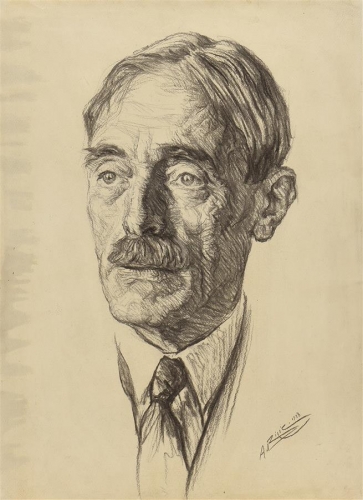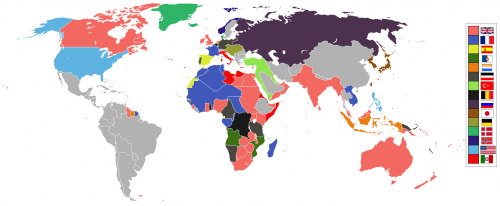Paul Valéry was a French poet and essayist, famous in the first half of the last century. Growing up in France, I knew Valéry chiefly because of a somewhat trite slogan attributed to him. He more recently came to my attention by the praise of the Romanian philosopher Emil Cioran.
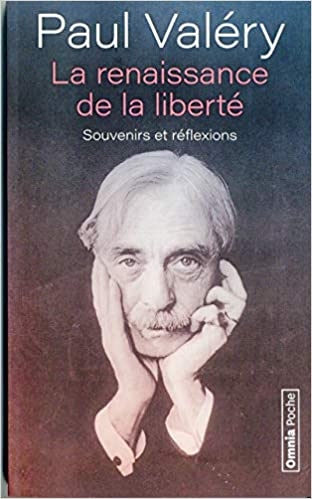 Valéry is one of the most eminent figures in the French tradition of the moralistes – who are generally not, as the name might suggest, moralistic – those philosophers, going back to Montaigne and La Rochefoucauld and continuing right up to Cioran, known for their observations, more or less detached, good-natured, or biting, on social life and conventions.
Valéry is one of the most eminent figures in the French tradition of the moralistes – who are generally not, as the name might suggest, moralistic – those philosophers, going back to Montaigne and La Rochefoucauld and continuing right up to Cioran, known for their observations, more or less detached, good-natured, or biting, on social life and conventions.
Valéry had the distinction of living in perhaps the most decisive and consequential time in Western history, a time of catastrophic wars and political revolutions, culminating in the world we know today. He wrote a number of political essays commenting, more or less obliquely, on these developments, living through them as uncertain of the outcome as we are today.
Valéry dedicates Perspectives on Today’s World, his book of (mostly) political essays, to “those who have neither system nor party; who are thereby still free to doubt of what is dubious and to not reject what is not.”[1]
The book includes Valéry’s deep and subtle meditations on a vast medley of topics: of European exceptionalism, disunity, and decline (the industrial rise of Asia and colonial blowback are already foreseen), the bankruptcy of history as a field (lack of method, an excessive focus on high politics rather than long-term trends, hindsight being 20/20), freedom of thought and the life of the mind, the miseries of politics (antithetical to the mind), modernity as a great technical and socio-cultural phenomenon, France and her culture, Paris (“which continuousy attracts the flower and the dregs of the race”[2]), and much else.
On all these and more, Valéry commits to nothing, observing and analyzing with the philosophical detachment declared in his opening salvo. He is famously indifferent to the day-to-day flurry of events, “the froth of things,” being only interested in the deeper currents underlying human existence. Using this method, Valéry provides his reader with a continuous flow of thought, with often great insights and surprising parallels.
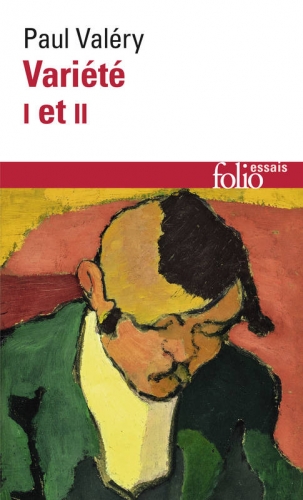 One is struck at how many of the problems Valéry raises are still with us. He speaks of the globalization of politics (distant powers responding to every local conflict, a new universal interdependence), the excessive stimulation and fads of modern media and culture, and the sheer speed of technological and social change, making it extremely difficult to base politics on sound predictions. From the vantage point of today, this almost seems quaint, given how much these trends have intensified in the age of borderlessness and social media.
One is struck at how many of the problems Valéry raises are still with us. He speaks of the globalization of politics (distant powers responding to every local conflict, a new universal interdependence), the excessive stimulation and fads of modern media and culture, and the sheer speed of technological and social change, making it extremely difficult to base politics on sound predictions. From the vantage point of today, this almost seems quaint, given how much these trends have intensified in the age of borderlessness and social media.
The common thread running through many of Valéry’s quite diverse texts is the decline of Europe. Already at the end of nineteenth century, the first glimmers of Valéry’s European consciousness appeared with Japan’s war on China and the United States of America’s seizure of Spain’s colonial possessions, Valéry was troubled by these first (re)assertions of . . . non-Europe.
Valéry’s most famous saying is from the opening line of a 1919 essay, reflecting on European’s intellectual confusion in the wake of the First World War: “We civilizations know that we are mortal.”[3] He was distinctly aware of living at the high-water mark of European power, that just as that extraordinary tide had risen over the past four centuries, so that tide had begun receding . . . far more quickly than Europeans realized.
Before going into the causes and reaction to Europe’s decline, it is worth reflecting on the nature of her rise and what I do not hesitate to call her exceptionalism. Valéry is ready to concede the achievements of Hindu spirituality and Chinese technology and civilization. However, in terms of speed and explosive power, there is nothing to rival the Greek miracle of antiquity, especially in the fifth century before Christ, and European modernity since the 1400s.
The small European region has been at the top of the leagues, for several centuries. Despite her small size, even though the her soil is not markedly rich, she dominates the field. By what miracle? Certainly this miracle must lie in the quality of her population. This quality must compensate for the smallness of the population, the lack of square meters, the lack of minerals, which are assigned to Europe. Put on one scale the Empire of India and on the other the United Kingdom: the balance tips in favor of the smaller![4]
Valéry identifies a number of factors behind the West’s rise. Concerning the ancient Mediterranean, he notes that this sea was small and clear enough to be navigable even with fairly primitive means, the climate was temperate and hospitable, and finally this body of water connected three continents with very diverse peoples and civilizations, thus enabling great exchange of wealth, ideas, technology and craft. Thus, the ancient Mediterranean was the perfect setting for civilizational achievement, especially when a gifted and spirited people like the Greeks burst upon the scene, rapidly taking on many Egyptian and Phoenician innovations, and then surpassing them entirely.
For modern times, Valéry is struck by the contrast in China between slow but steady technological innovation and social and scientific stagnation:
How can one invent the compass, asks the European, without pushing further one’s curiosity and attention up to the science of magnetism; and how, having invented it, could one not think of leading a fleet far away to discover and master the lands beyond the seas? The same who invented gunpowder do not advance in chemistry and do not make cannons: they dissipate it with fireworks and vain nighttime amusements.
The compass, gunpowder, and the printing press have changed the face of the world. The Chinese who discovered them did not realize that they had the means of forever disturbing the world’s peace.[5]
Chinese civilization is marked by accretions, Western civilization by explosions.
Valéry often identifies Western psychological traits as a critical factor:
I cannot analyze this [European] quality [enabling exceptionalism] in detail; but I find by a cursory examination that active greediness,[6] burning and disinterested curiosity, a fortuitous mix of imagination and logical rigor, a certain non-pessimistic skepticism, an unresigned mysticism . . . are the most specifically active traits of the European Psyche.[7]
He attributes a kind of restless nervousness and ambition to the White race, a great factor of instability and accomplishment:
For fear of nullity, contempt, or boredom, we compel ourselves to become always more advanced in the arts, in manners, in politics, and in ideas, and we have shaped ourselves so as to only value astonishment and the momentary effect of shock. Caesar who considered that nothing had been achieved, given how much remained to be done and Napoleon who wrote: “I live only for the next two years,”[8] seem to have communicated this anxiousness, this intolerance towards everything that is, to almost the entire White race.[9]
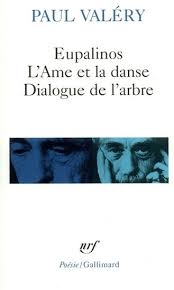 Valéry seems to suggest European decline is an inevitable process, related to the spread of the scientific techniques she had innovated to the rest of the world and perhaps to the a very Tocquevillean decline in elevating cultural traditions. We, living a century later, of course can only be struck that only in East Asia have foreign nations been fully able to replicate Western technical, economic, and organizational prowess.
Valéry seems to suggest European decline is an inevitable process, related to the spread of the scientific techniques she had innovated to the rest of the world and perhaps to the a very Tocquevillean decline in elevating cultural traditions. We, living a century later, of course can only be struck that only in East Asia have foreign nations been fully able to replicate Western technical, economic, and organizational prowess.
Europe’s decline was caused, or perhaps accelerated, by her division. Valéry has only the harshest words for the Petits-Européens who have constantly fought among themselves, our little nation-states engaging in recurring wars and having recourse to non-European powers and soldiers. Napoleon is cited as a rare example of a European statesman of genuinely continental vision.
One might dismiss Valéry as a décadent, and perhaps a slightly pretentious one at that. His writing style may seem a touch too refined and intricate, like women’s lace. His distaste for systems and his horrified aversion to politics, however justified, make him politically quite inert. This is a serious matter.
After all, there were politicians and poets who, in the 1920s and 30s, made vigorous assays against decadence. One wonders what Valéry made of D’Annunzio and Ezra Pound.
High-Europeans of Valéry’s ilk make me think of Tolkien’s Elves: beautiful, ethereal, not meant for the world, and doomed to fade away . . .
Still, one would be foolish to dismiss Valéry’s philosophical method. The practice of detached, clinical, and unprejudiced – because lacking an a priori ideological system – analysis is a potent one. Its use leads Valéry to make some very nuanced, indeed exquisite, reflections on the the appeal, virtues, and limits of dictatorship.[10] The technique also leads him to a very Buddhistic denial of even an essential and continuous self.
Valéry’s method also leads him to understand, very early on, that politicians and citizens were working with words, a view of the world, which however solid they appeared, no longer corresponded to the realities of the world:
The political phenomena of our time are accompanied and complicated by an unparalleled change in the order of magnitude, or rather a change in the scheme of things. The world which we are beginning to be a part of, men and nations, has only a similar appearance to the world which is familiar to us.[11]
When I think of Hitler, Churchill, or De Gaulle, I see three skillful politicians, none of whom could sense that the very earth beneath them was about to give way.
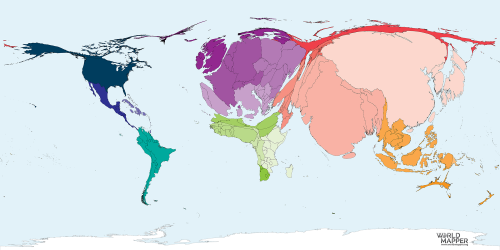
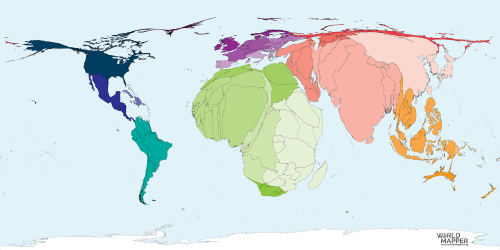
These trends have only radicalized and accelerated since the 1930s. We are living in an epoch of rapid socio-cultural transformation: the diversification of Western nations, the population collapse of much of the developed world, the breakdown of the traditional family, the feminization of corporate and government life, the disintegration of each nation into a thousand online (often borderless) subcultures, the destruction of biological sex itself with the transsexual movement . . .
When we use the terms “Europe,” “the West,” “civilization,” “nation,” “race,” “religion,” “men,” “women,” we evoke connotations and associated symbols carried by past history and the myths and impressions we were brought up with. But can we face the new realities beneath words?
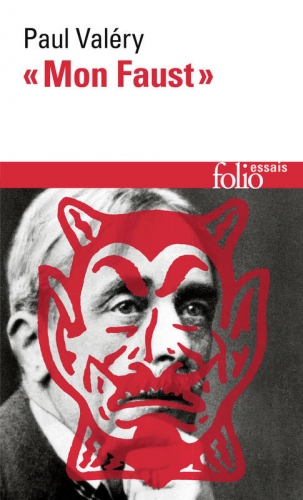 If I seem obscure, I can only say that we live in obscure times. We are on the cusp of further technological changes – virtual reality, genetic modification, mass human and/or female obsolescence – which will enable yet more socio-cultural change and, indeed, open up unimagined, and often disturbing, possibilities to change what it means to be human.
If I seem obscure, I can only say that we live in obscure times. We are on the cusp of further technological changes – virtual reality, genetic modification, mass human and/or female obsolescence – which will enable yet more socio-cultural change and, indeed, open up unimagined, and often disturbing, possibilities to change what it means to be human.
Anyway, the European is by all accounts a brilliant and flawed breed. We have known a good century of decline. Yet our critical and idealistic spirit, which has in many ways led to our current sad state of decomposition, may yet enable another unsuspected great enterprise of renewal. Valéry wrote in 1919:
[The European] is torn between marvelous memories and immoderate hopes, and if he sometimes slips into pessimism, he thinks despite himself that pessimism has produced some works of the first order. Instead of sinking into mental nothingness, he draws from this a song of his despair. He sometimes draws from this a hard and formidable will, a motivation for paradoxical actions founded on contempt for men and for life.[12]
And a decade later:
The most pessimistic assessment of man, and things, of life and its value, accords itself wonderfully with action and the optimism it demands. – This is European.[13] (p. 54)
Notes
[1] Paul Valéry, “Avant-Propos” (1931), Regards sur le monde actuel et autres essais (Paris: Gallimard, 1945), p. 9.
[2] Valéry, “Fonction de Paris” (1927) in Regards, p. 124.
[3] Paul Valéry, “La crise de l’esprit” (1919) in Variété I et II (Paris: Gallimard, 1998), p. 13.
[4] Valéry, ibid., p. 25.
[5] Valéry, “Orient et Occident” (1928) in Regards, p. 148.
[6] Avidité active.
[7] Valéry, “La crise de l’esprit” in Variété I, pp. 25-26.
[8] Je ne vis jamais que dans deux ans.
[9] Valéry, “Orient et Occident” in Regards, p. 149.
[10] For what it is worth, Valéry has a high opinion of the “wise” sayings of Salazar and the “depth” of Cromwell.
[11] Valéry, “De l’Histoire” (1931) in Regards, p. 35.
[12] Valéry, “Crise” in Variété I, p. 41.
[13] Valéry, “Des partis” (1931) in Regards, p. 54.



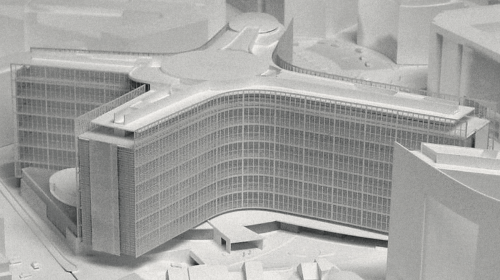
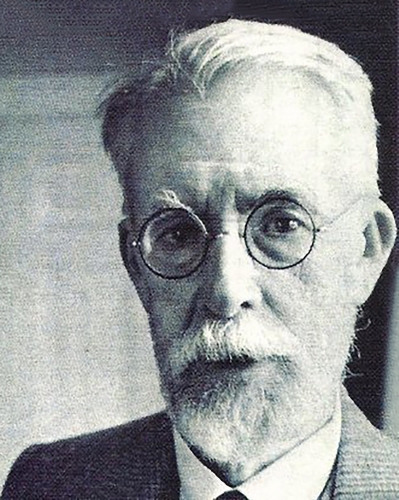
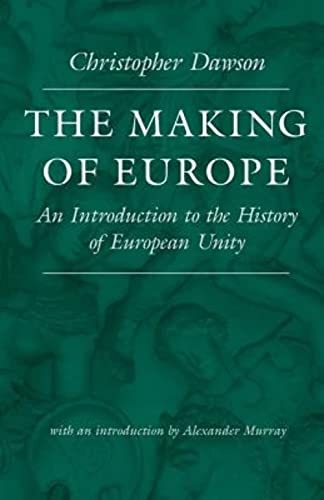
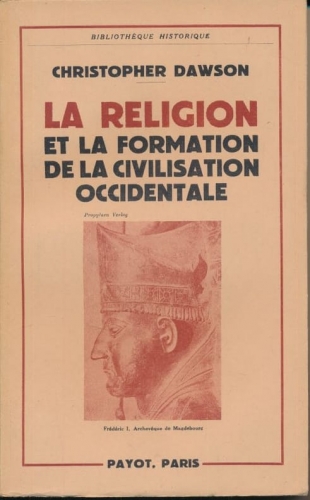
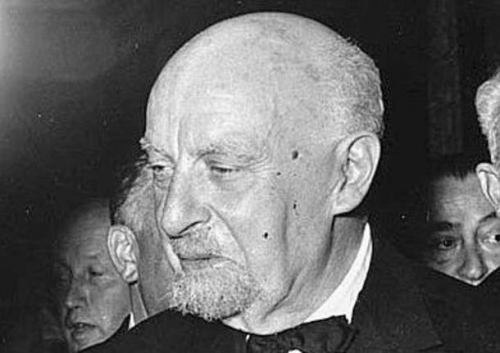
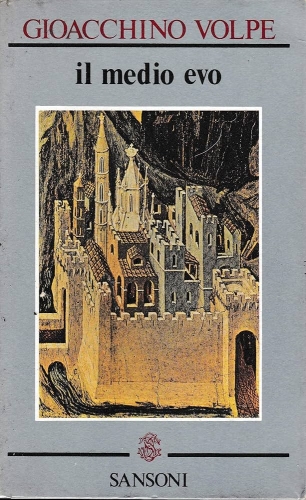
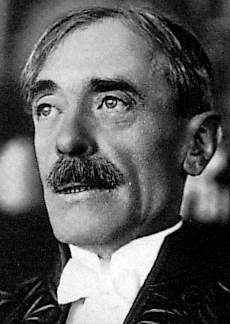
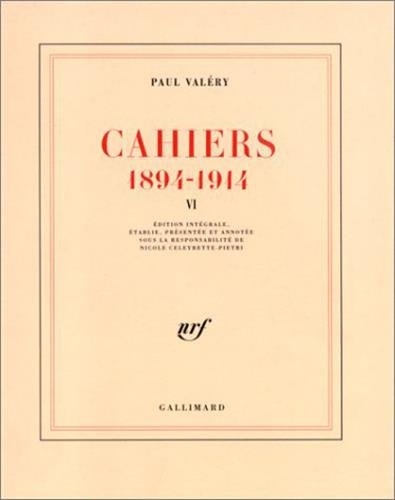
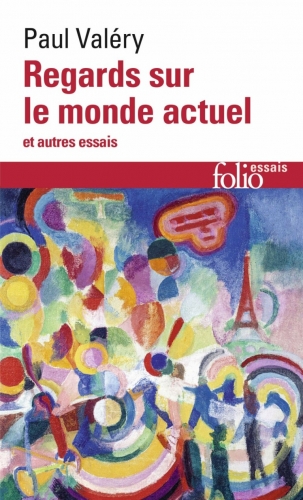
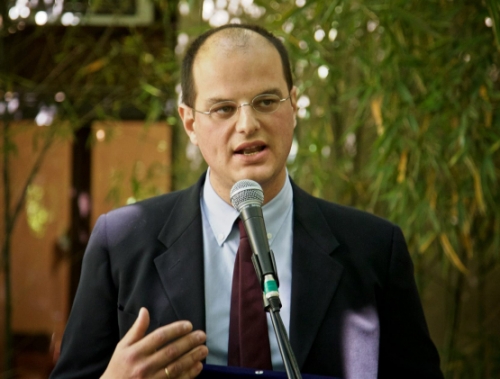
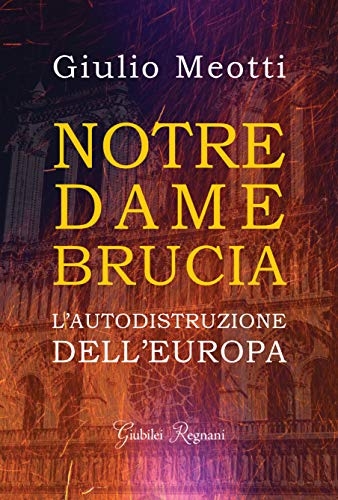
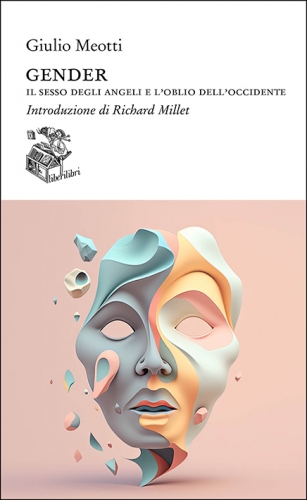
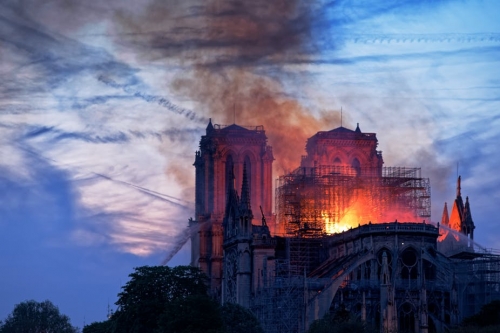

 del.icio.us
del.icio.us
 Digg
Digg